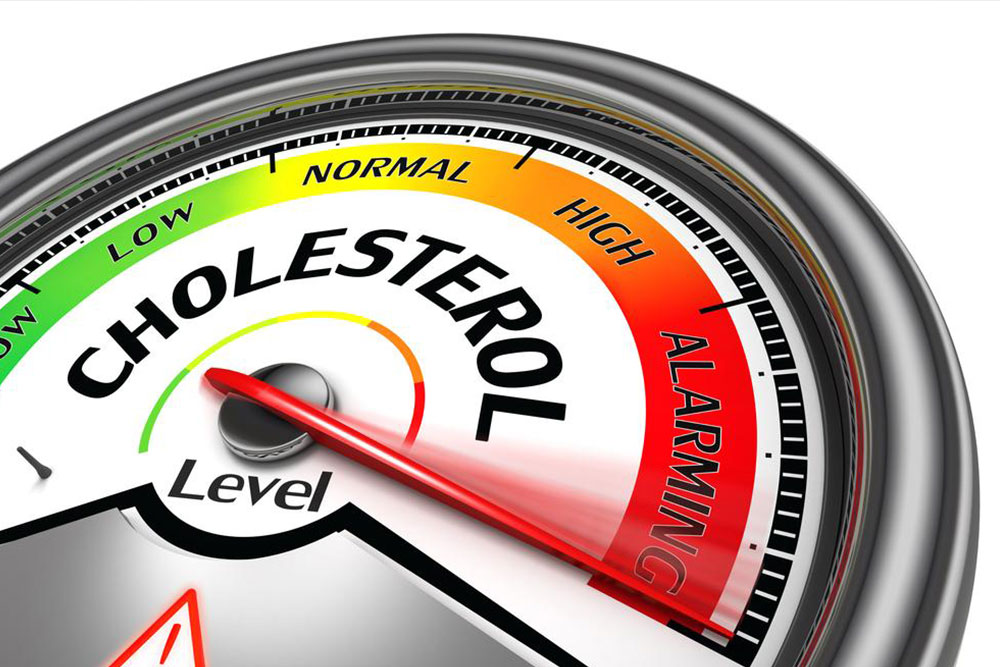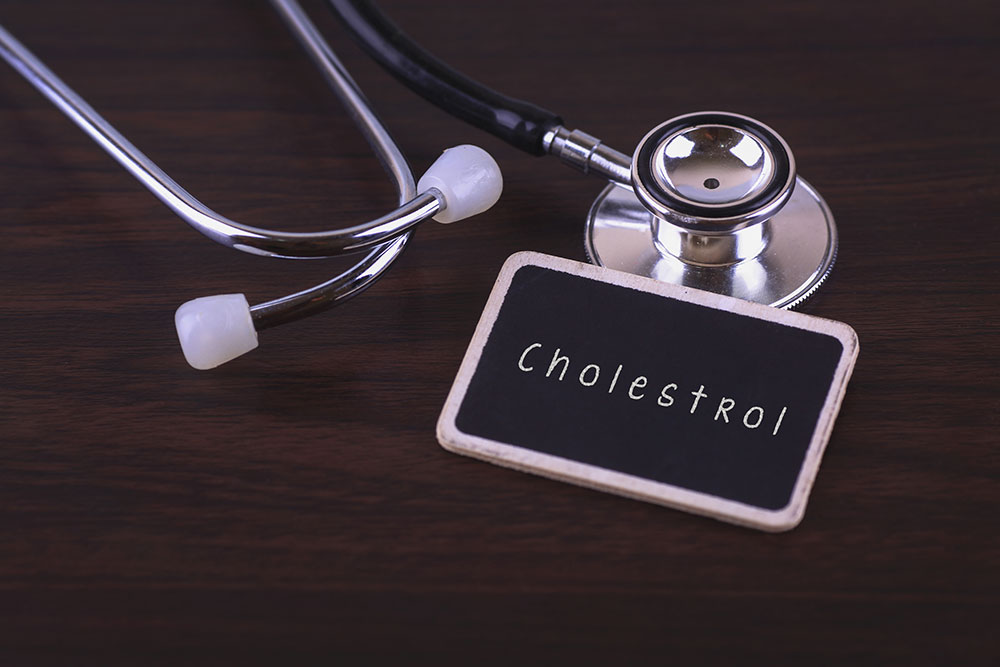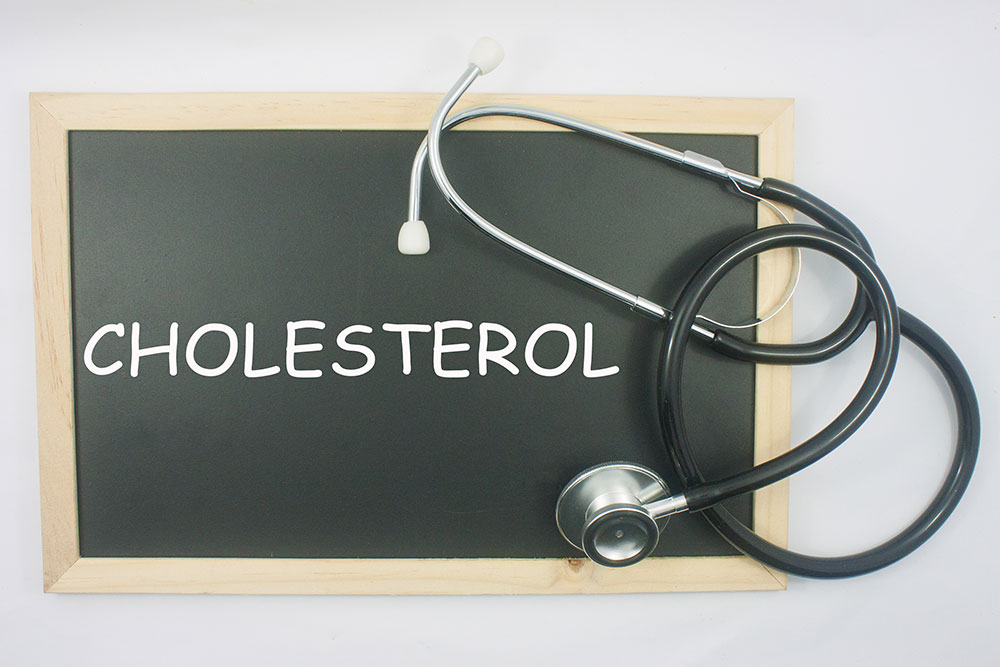Understanding and Managing Elevated Cholesterol Levels
Elevated cholesterol levels significantly increase the risk of heart disease. This article explains the functions of cholesterol, causes of high levels, and effective lifestyle changes to manage and reduce cholesterol. Regular testing and healthy habits, including diet and exercise, are crucial for maintaining heart health and preventing complications. Understanding the role of LDL and HDL is essential for effective cholesterol management and overall cardiovascular wellness.

Understanding and Managing Elevated Cholesterol Levels
Cholesterol plays a vital role in maintaining bodily functions, but excess amounts can pose serious health risks, including heart disease. As a component of every cell, cholesterol is essential for processes like hormone production and digestion. Its primary functions include forming cell membranes, producing digestive bile, enabling vitamin D synthesis, and aiding hormone creation.
Cholesterol is transported in the bloodstream via lipoproteins, mainly LDL and HDL.
LDL (Low-Density Lipoprotein): Often called "bad cholesterol," high levels can clog arteries and increase heart attack risk.
HDL (High-Density Lipoprotein): Known as "good cholesterol," it helps remove excess cholesterol from the bloodstream.
High cholesterol significantly increases cardiovascular risk, but lifestyle changes can help manage it. HDL facilitates the arrival of cholesterol to the liver for elimination.
Factors Contributing to High Cholesterol
The main cause of elevated cholesterol is consuming foods high in saturated fats, trans fats, and dietary cholesterol.
Other contributors include:
Smoking: Damages blood vessels and promotes plaque buildup.
Insufficient physical activity: Lack of exercise can raise cholesterol levels.
Obesity: Excess body fat often correlates with increased cholesterol levels.
Signs of High Cholesterol
High cholesterol typically does not display obvious symptoms. Regular blood tests are essential for detection.
Strategies to Lower Cholesterol
Managing cholesterol involves adopting healthier lifestyles, including:
Eating a heart-friendly diet low in saturated and trans fats, emphasizing fruits, vegetables, and whole grains.
Engaging in regular physical activity.
Quitting smoking.
Maintaining a healthy weight.
Overall, leading a balanced and active lifestyle promotes cardiovascular health.









